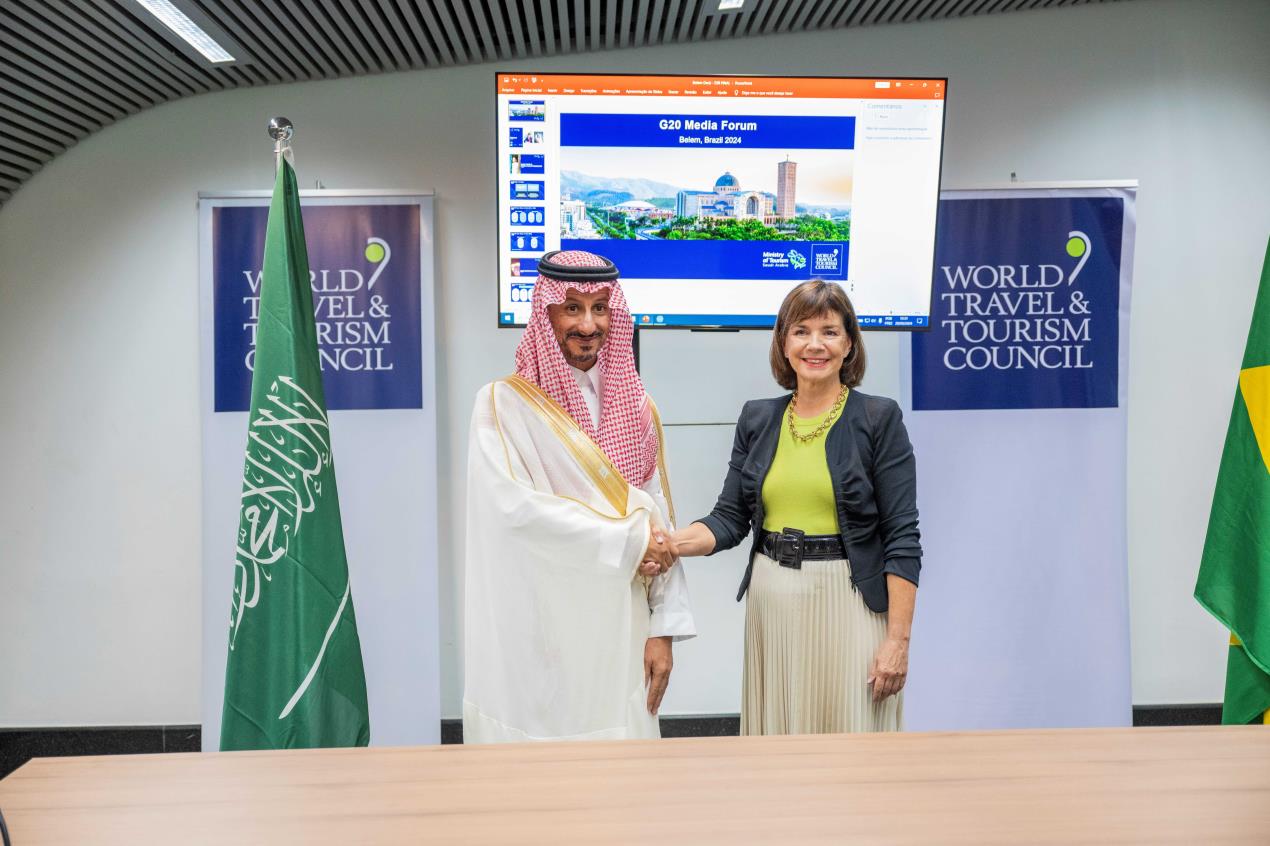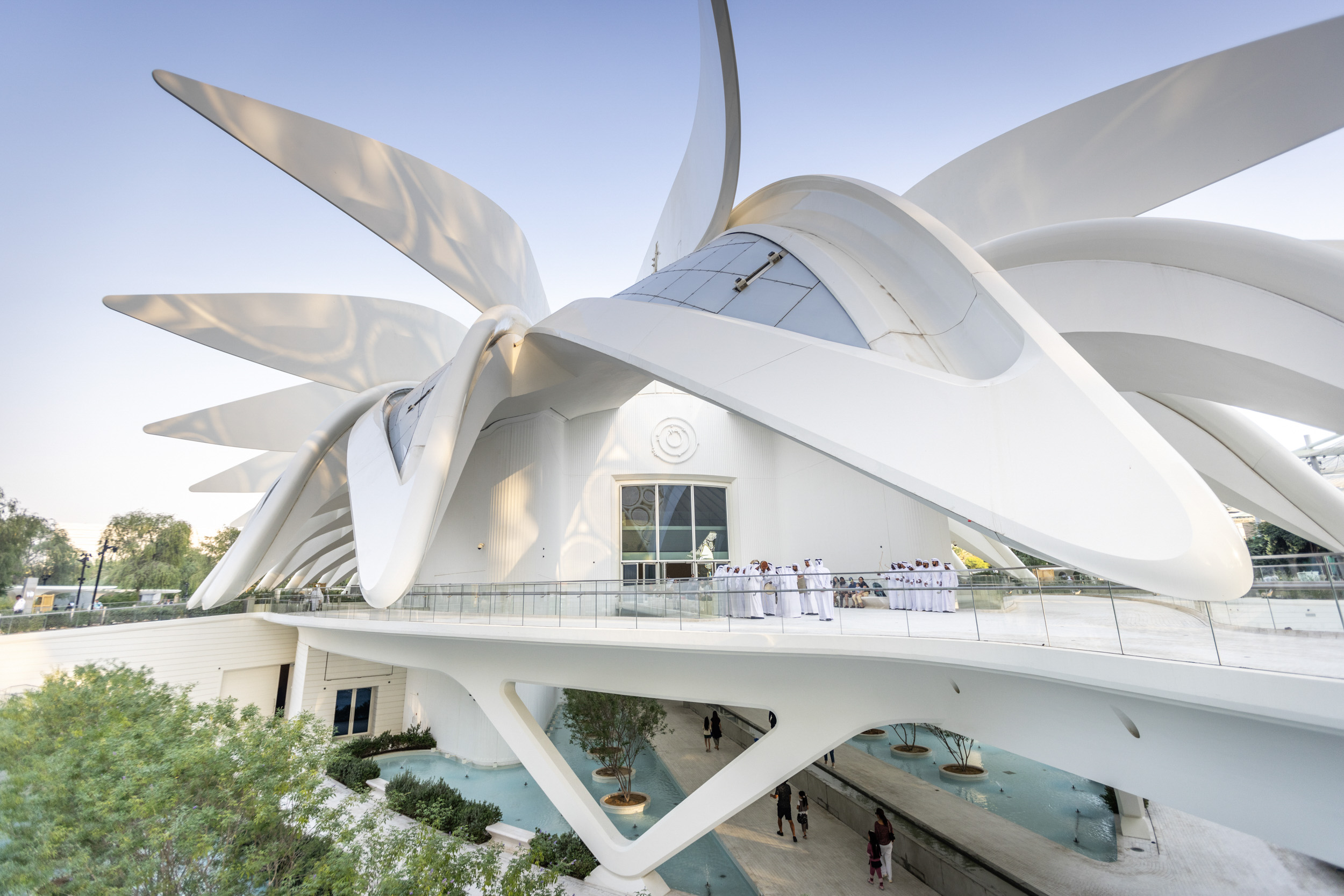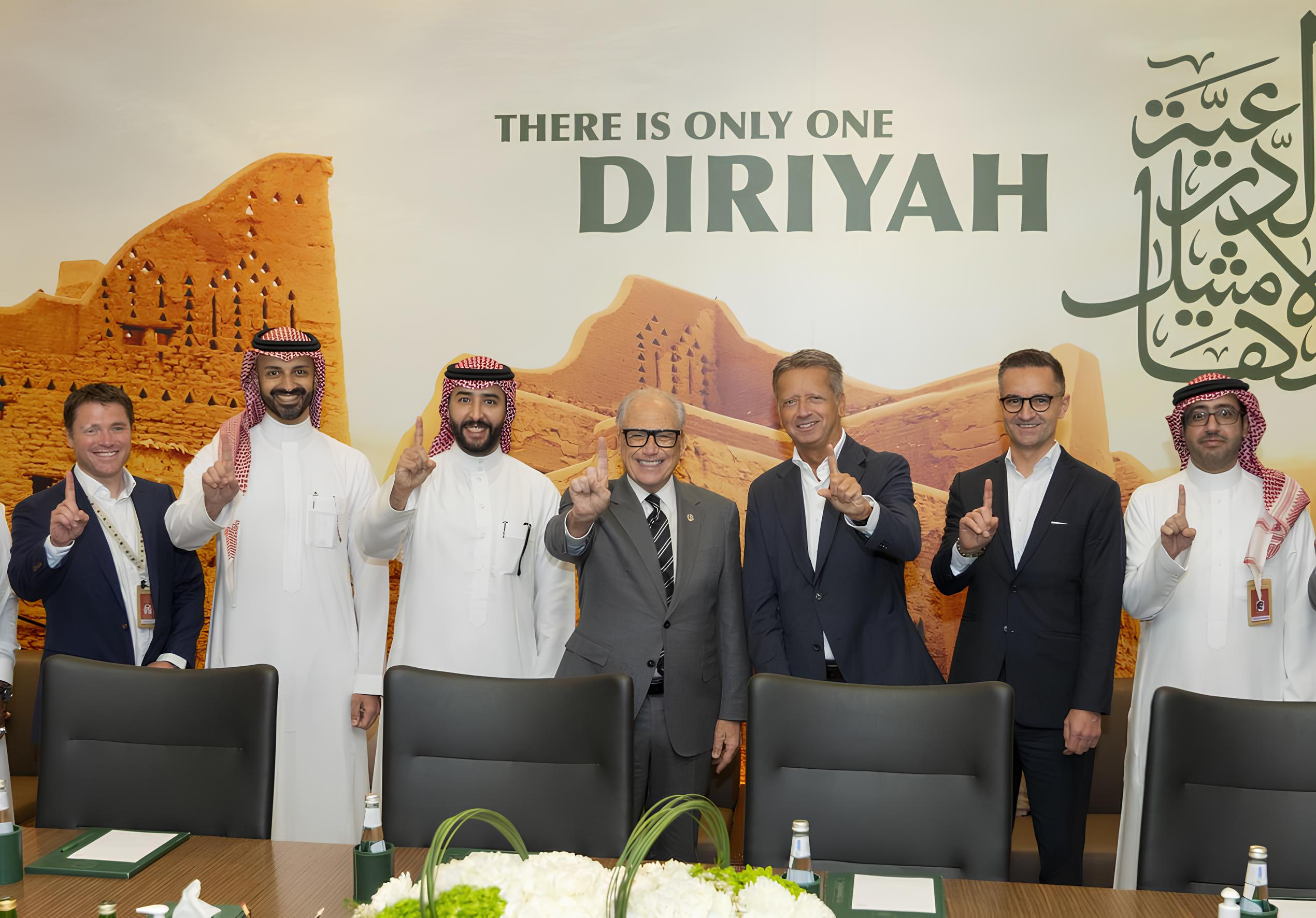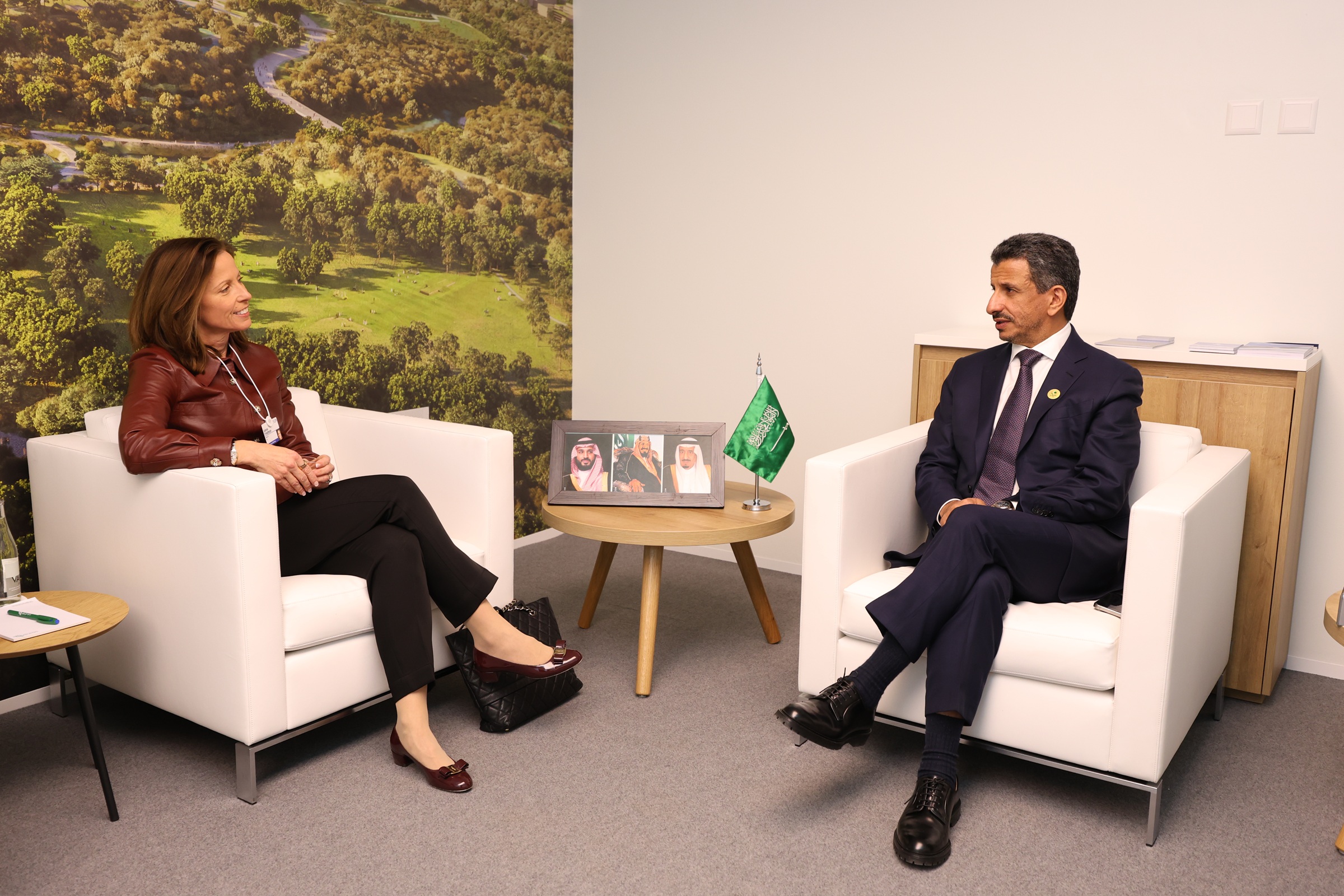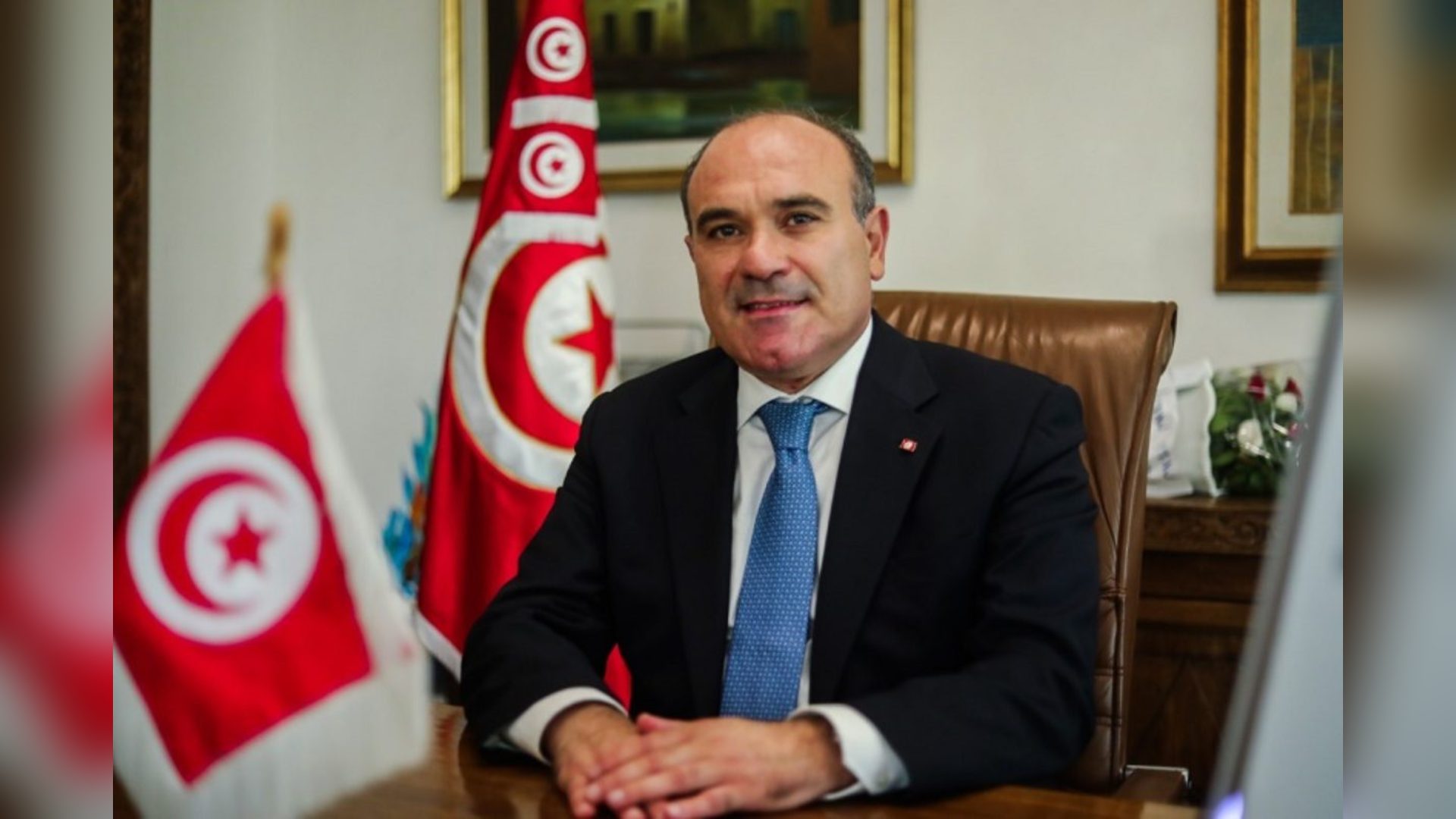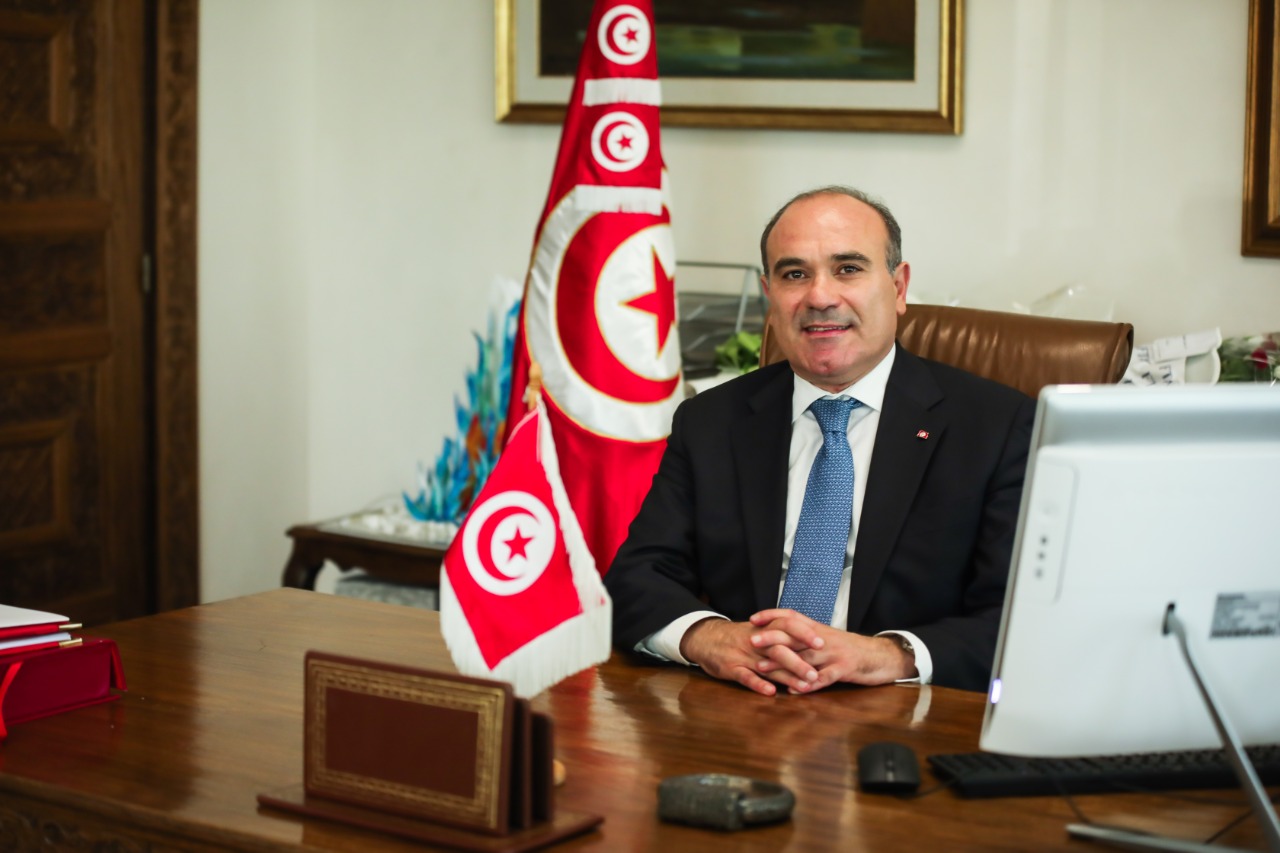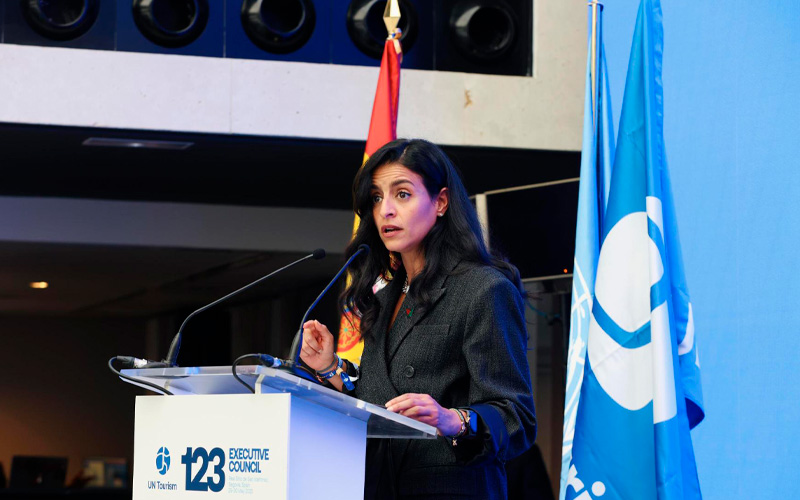The Kingdom of Saudi Arabia has emerged as a global leader in tourism, topping the G20 countries in international tourist growth and revenue during the first 7 months of 2024. According to the latest UN Tourism Barometer report, presented at the G20 Tourism Ministerial Meeting in Belem, Brazil, Saudi Arabia achieved a remarkable 73% increase in international tourist numbers compared to the same period in 2019, with tourism revenues surging by 207%. In the first half of 2024 alone, the Kingdom welcomed 17.5 million tourists, a clear reflection of its strategic initiatives under Saudi Vision 2030.
During the G20 press conference, Saudi Arabia’s Minister of Tourism, His Excellency Ahmed Al Khateeb, emphasized the Kingdom’s focus on both environmental and social sustainability in the travel and tourism sector.
We have a mandate to protect the environment and ensure economic and social sustainability,"
Al Khateeb stated. His remarks aligned with the Vision 2030 agenda, which aims to diversify Saudi Arabia’s economy by prioritizing tourism as a key driver of growth.
Resilience in the Face of Challenges
The COVID-19 pandemic profoundly impacted global tourism, but Saudi Arabia’s ability to pivot and invest in sustainable growth has allowed it to rebound stronger than ever. Al Khateeb acknowledged the challenges, especially for small and medium-sized enterprises (SMEs), which make up 80% of the global tourism industry.
Many businesses went out of business because of COVID. We learned the hard way, and now we must make these businesses more resilient,"
he noted. This lesson has guided Saudi Arabia’s post-pandemic recovery efforts, as seen in its tourism infrastructure development and human capital investment.
Empowering Women and Youth
A central theme of Al Khateeb’s speech was the focus on empowering women and youth, who were disproportionately affected by the pandemic’s economic fallout.
50 million out of the 70 million jobs lost during the pandemic were youth and women, and that was very painful!
he said.
As part of Saudi Vision 2030, the Kingdom is addressing this gap by creating opportunities for these groups to thrive in the tourism industry. Saudi Arabia has implemented training programs to upskill 100,000 individuals annually over the next decade, with an annual allocation of $100 million.
Training and development are crucial to attracting and retaining the best talent,"
Al Khateeb affirmed, adding that thousands of Saudi and international students are currently undergoing world-class hospitality training in countries like Switzerland, Spain, and the UK. With more than 5,000 students in the UK alone, Saudi Arabia is preparing the next generation to meet the demands of a rapidly growing tourism industry.
Tourism Boom Fueled by New Destinations
Saudi Arabia’s ambitious tourism projects are pivotal to its continued growth. In 2023, the Kingdom welcomed 27.4 million international tourists—a 56% increase from 2019. Travel receipts also saw a historic surplus of 48 billion SAR, marking a 38% annual rise. New mega-projects such as Neom, Diriyah, and Red Sea resorts are expected to add hundreds of thousands of hospitality jobs over the next decade.
We are building new cities, new destinations...we need to hire hundreds of thousands of people to fulfill the demand,"
Al Khateeb confirmed.
The International Monetary Fund (IMF) has praised these efforts, particularly the tourism sector’s contribution to job creation and GDP growth. In its September report, following the "Article IV Consultation 2024," the IMF acknowledged Saudi Arabia’s tourism achievements as "unprecedented," further cementing the Kingdom’s position as a leading global destination.
A Bright Future for Global Tourism
Looking ahead, Saudi Arabia is preparing for an 80% growth in the global tourism industry over the next decade.
The demand for travel and tourism is massive, and we are expecting the industry to grow beyond the global average in the coming years,"
Al Khateeb predicted. Saudi Arabia's Vision 2030 is not only reshaping its economy but also positioning the Kingdom as a key player in the global tourism sector.

High-Profile G20 Gathering in Belém
The high-profile G20 meeting in Belém, Brazil, where Saudi Arabia is the only permanent member from the Gulf Cooperation Council, brought together representatives from 32 guest countries and international organizations. Saudi Arabia played a leading role, having approved the creation of the G20 Tourism Working Group during its presidency in 2020. At this year’s gathering, one of the key objectives was finalizing the Tourism Working Group's report, which outlines measures to promote sustainable and balanced global tourism growth.
During the event, His Excellency Al Khateeb met with key political figures, including ministers from Brazil, India, Italy, Spain, and Japan, and the Secretary-General of the UN TOURISM, Zurab Pololikashvili. He also joined a WTTC Public-Private Dialogue alongside Julia Simpson, President & CEO of the World Travel & Tourism Council, to discuss the impacts of COVID-19 on the sector, particularly focusing on employment trends affecting youth, women, and high-wage jobs.
Vision 2030 and Sustainability Initiatives
As part of its Vision 2030 strategy, Saudi Arabia has a strong focus on eco-friendly tourism developments, such as its groundbreaking projects in Diriyah and NEOM. The Kingdom has also established the Sustainable Tourism Global Center (STGC), an international body designed to lead and monitor efforts to transition the tourism sector to a more sustainable future. Al Khateeb reinforced that
sustainability is at the core of our tourism development,"
emphasizing that the Kingdom’s initiatives are geared toward long-term environmental and economic success.
Already surpassing its original goal of attracting 100 million visitors by 2030, Saudi Arabia is now targeting 150 million visitors, supported by expanded flight routes, upgraded airports, and an enhanced eVisa program. These efforts have driven Saudi Arabia’s rise as the fastest-growing tourism destination among the G20 nations, with visitor numbers up by 121% compared to pre-pandemic levels. The sector employed 925,000 people in 2023, 45% of whom were women, marking a significant milestone in the Kingdom’s commitment to creating a diverse and inclusive workforce.


